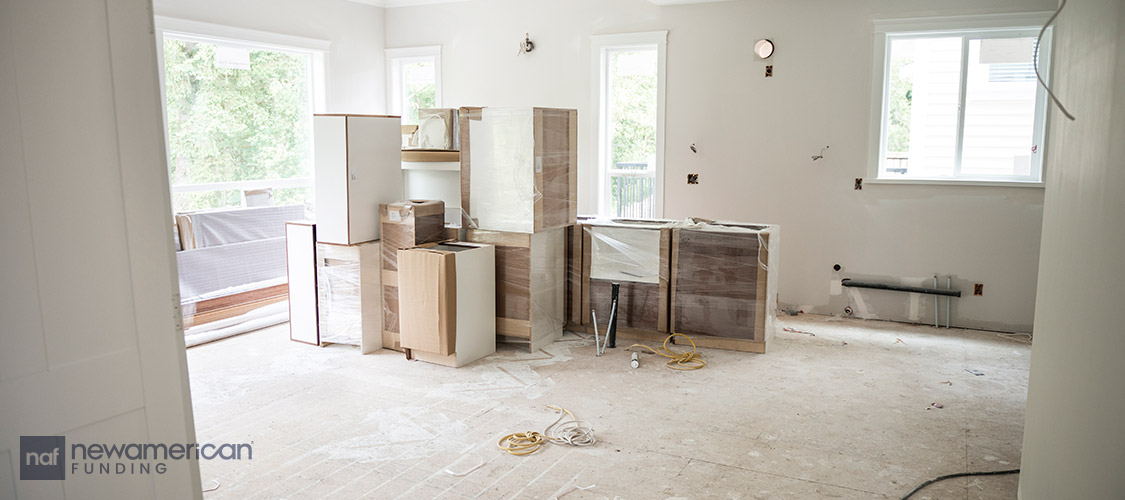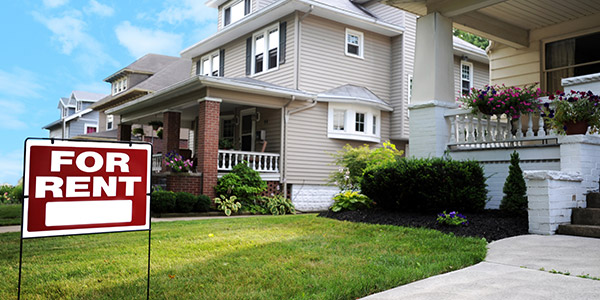Homebuyers
What to Consider Before Buying a Rental Property
August 30, 2024
Long-term rental properties can make a lot of financial sense: You build equity while a tenant covers the monthly mortgage payment on the property.
However, rental properties aren’t instant gold mines, either, especially with today’s elevated mortgage rates and high prices. Homes require maintenance and repairs, and tenants on 12-month leases do not always pay rent on time—or at all.
Purchasing a rental property “can be very different than buying a home to live in,” said Bryan Kyle, broker, owner, and property manager at Bryan Kyle Realty.
So, what should would-be investors consider before purchasing their first rental property?
Does it make financial sense to buy a rental property?
Before you purchase an income-generating property, you want to be fairly certain you can generate a good return on your investment. That takes research.
Before you start your search in earnest, understand the market you’re buying into and the financials you will need to make any rental property purchases work.
Figure out the probable monthly costs of purchasing an investment home in your budget. Don’t forget to include the costs of taxes, home insurance, and upkeep. You also want to provide yourself with a financial cushion for emergency repairs or if the unit remains vacant for a period.
If the plumbing bursts in the middle of the night, you will need to pay for a plumber to come out and fix the problem. You may also have to pay for additional damage to the home.
Then get a sense of what you’d be able to charge for that type of property.
Looking at similar rentals on the market is a great way to do this. You may be able to reach out to property management companies for rental estimates too.
The goal is to make sure you will be able to recoup your monthly costs in the price of rent with enough left over to pay for repairs.
Are rents going up or down?
A market with rising rents may be a good one to consider purchasing a rental property in. You may see increased profit margins over the years if rents continue to go up.
But a market with stagnant (or decreasing) rents should be approached carefully. The good news is that in many markets, rents are going up.
In the first quarter of 2024, rents for single-family homes rose slightly faster than home prices in two-thirds of the country, real estate data firm ATTOM reported. Rental returns increased across the country.
You can understand your market’s rent trends yourself by looking at competing supply and area demand.
If more rental units are being built for about the same number of tenants, rents are likely to decline. That is because renters have more options to choose from.
However, if demand is growing and few new units are available, rents may keep going up in the future.
How much will it cost to renovate the rental property?

Many rental properties have potential—they just need a little work. That may be attractive to investors as a fixer-upper can often be purchased for less than a move-in-ready home.
However, make sure the property doesn’t need too many updates. Unless you have a construction background, you may want to avoid homes that need gut renovations or major structural repairs. Otherwise, renovation costs can add up quickly.
Kyle recommended purchasing homes that are less than 20 years old and have newer appliances and HVAC.
But even if you purchase a property that’s mostly good to go, don’t forget to account for the cost of some fresh paint, a few new fixtures, and a thorough cleaning.
Will you need a property management company?
Property management companies can be a double-edged sword. On the one hand, they’re a convenient go-between that can handle emergencies at all hours of the night, find and vet tenants, and manage move-ins and move-outs.
They can be essential, especially if you purchase a rental property out of state.
However, property management companies can seriously cut into profits. Most charge a fee of 8% to 12% of the monthly rent, according to Apartment List.
If your rental property already has a tight profit margin, you may want to consider managing it yourself first.
Can you afford a vacant property?
It’s crucial to remember that a rental property will not be occupied 100% of the time. It will likely sit vacant while you make updates and find new tenants.
So, make sure you can afford to pay the mortgage on your potential rental property for a few months with no rental income.
Many rental property owners will put aside a small amount of profit to cover monthly payments when the unit sits empty.






 Smart Moves Start Here.
Smart Moves Start Here.